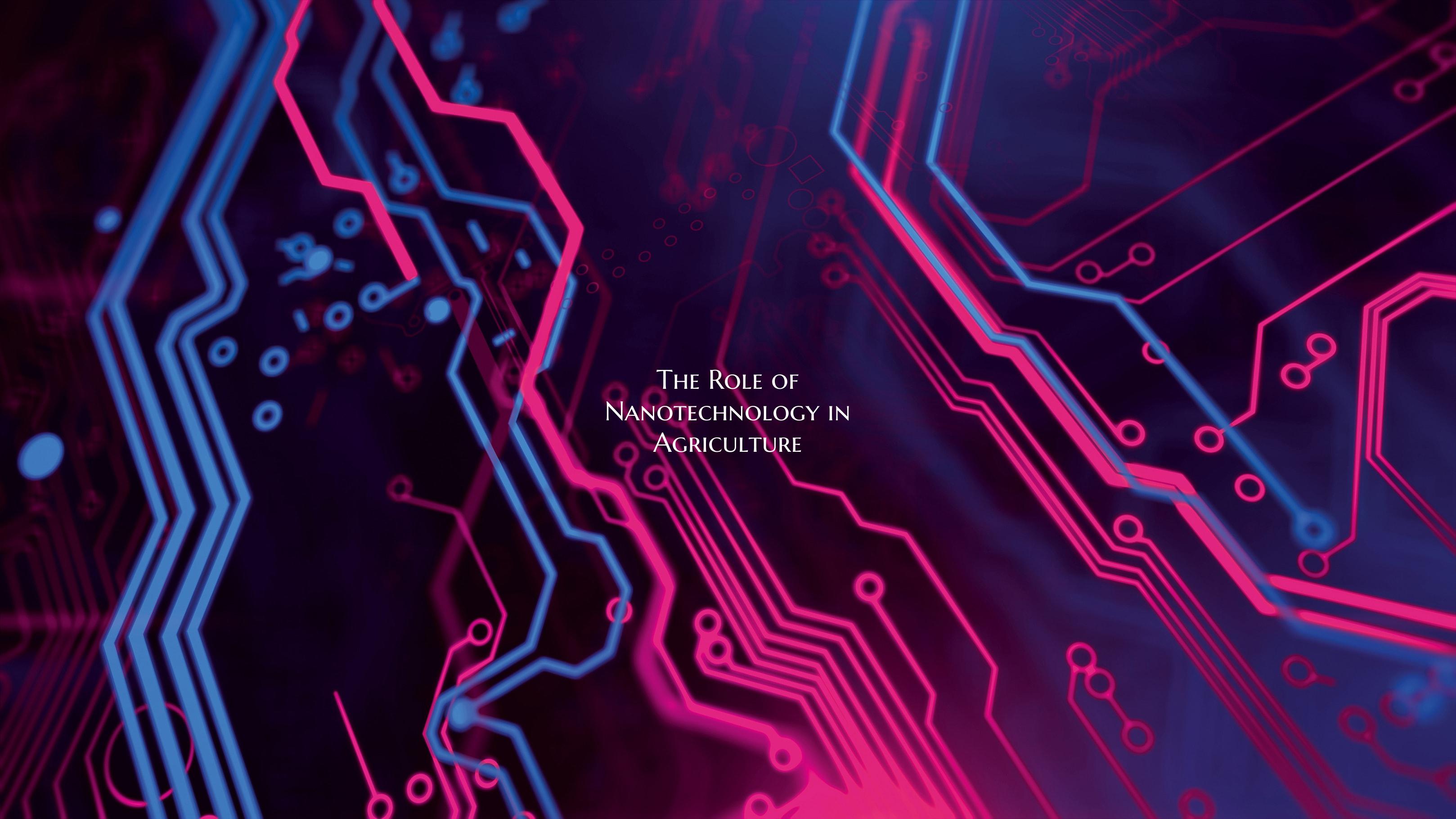The Role of Nanotechnology in Agriculture
Nanotechnology—the science of manipulating matter at an atomic and molecular scale—is rapidly revolutionizing various industries, including agriculture. The integration of nanotechnology in agriculture holds great promise for boosting efficiency, productivity, and sustainability in food production.
One of the key benefits of nanotechnology in agriculture is the development of nanopesticides and nanofertilizers. Nanopesticides can target specific pests more effectively, reducing the need for broad-spectrum chemical pesticides that can harm beneficial insects and pollute the environment. Similarly, nanofertilizers can enhance nutrient uptake by plants, ensuring optimal growth and minimizing nutrient runoff that can pollute water sources.
Furthermore, nanosensors and nanotools are being used to monitor and manage soil health, water quality, and crop conditions in real time. These devices can provide farmers with valuable data to make informed decisions about irrigation, fertilization, and pest control, leading to resource savings and improved crop yields.
Nanotechnology also offers solutions for mitigating environmental challenges in agriculture, such as soil degradation and water scarcity. Nanomaterials can be used to remediate contaminated soils, improve soil structure, and increase water retention capacity, helping to restore degraded land and conserve water resources.
Additionally, nanotechnology is driving advancements in precision farming techniques, such as nanodrones for aerial imaging and targeted delivery of agrochemicals. These technologies enable farmers to map field variability, identify crop stress early, and apply inputs with precision, leading to more sustainable and cost-effective farming practices.
While the potential of nanotechnology in agriculture is immense, it is essential to address concerns regarding its safety, regulation, and impact on the environment and human health. Collaborative efforts among scientists, policymakers, and stakeholders are crucial to ensure the responsible use of nanotechnology for the benefit of agriculture and society as a whole.

